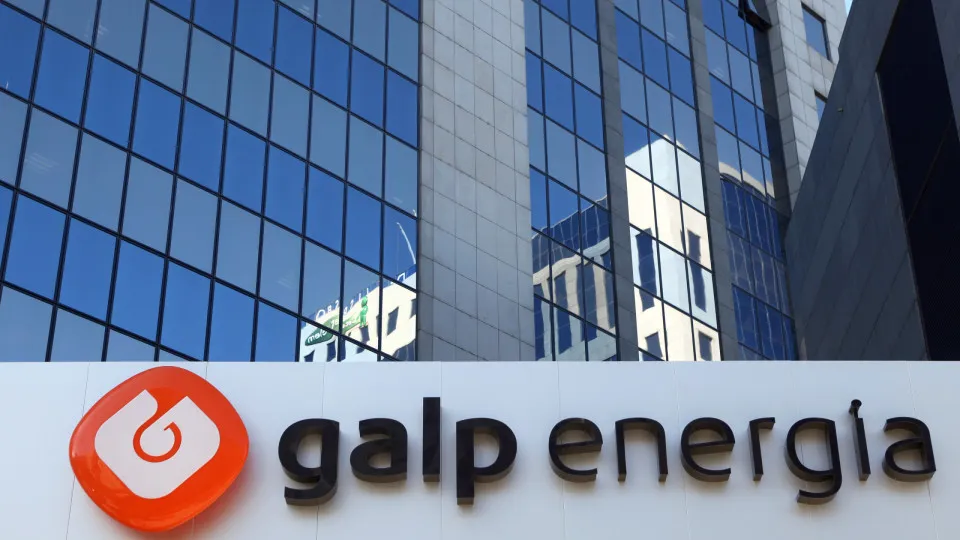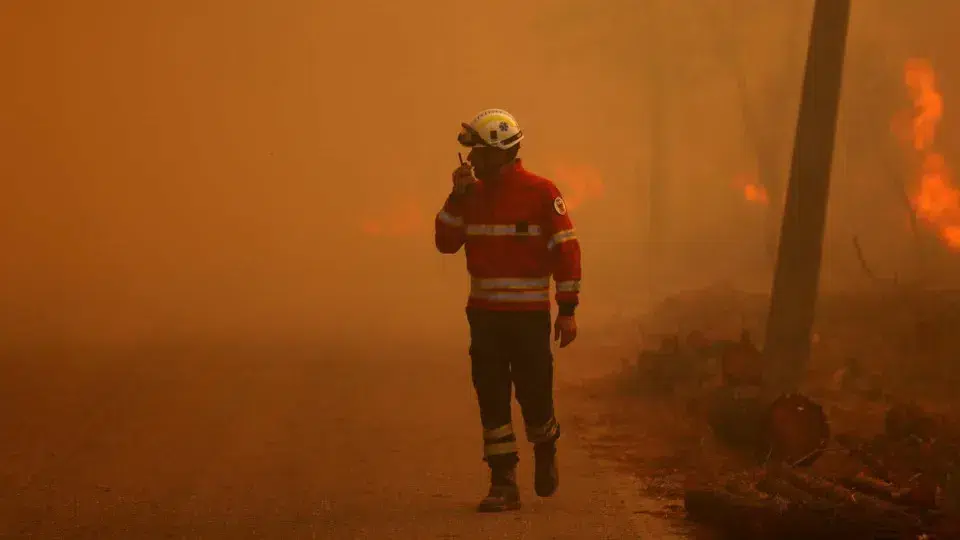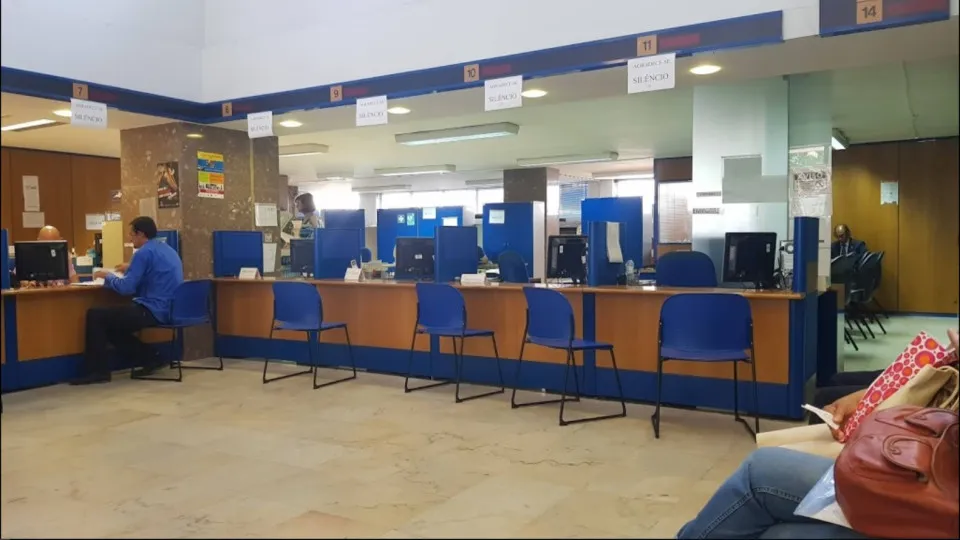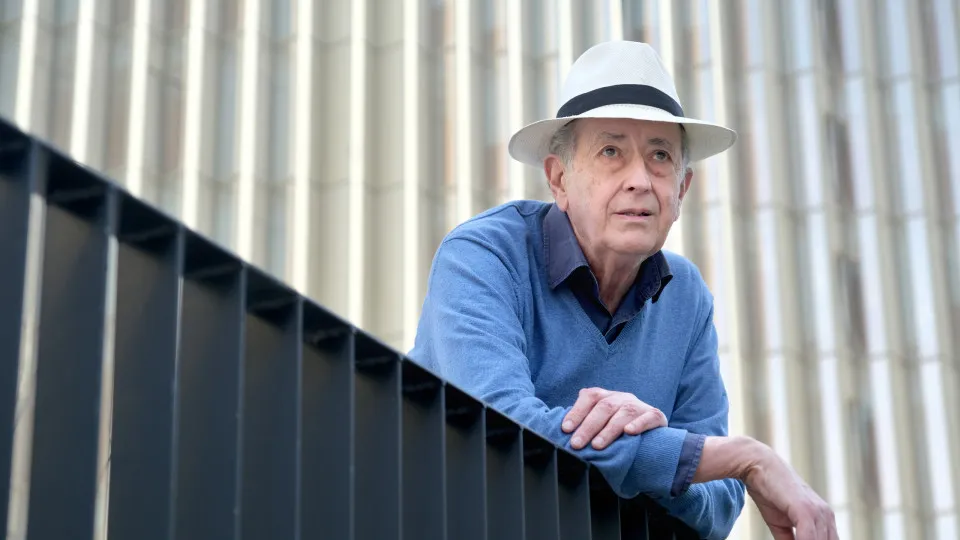
A consortium has been formed consisting of Shell (30%, operator), Galp (27.5%), Petrobras (27.5%), and the National Petroleum Agency of São Tomé and Príncipe (15%), according to a statement by the Portuguese oil company. This arrangement results from a “farm-in” agreement, whereby part of the exploration rights held by one company is purchased by others.
Galp has been active in São Tomé since 2015 and has conducted extensive evaluation work, including drilling the Jaca-1 well in 2022, the country’s first offshore well, which confirmed the presence of an active petroleum system, though no commercial discoveries were made.
Currently, the Portuguese company holds stakes in three blocks in the ultra-deepwaters of the Muni Basin off São Tomé: it operates Block 6 (45%) alongside Shell (45%) and ANP-STP (10%), leads Block 12 (41.2% alongside Equator and ANP-STP), and holds a 20% stake in Block 11, operated by Shell in collaboration with Petrobras and ANP-STP.
Álvaro Silva, executive director of the National Petroleum Agency, had confirmed the transfer of part of Shell’s stake in Block 4 to Galp and Petrobras, reducing Shell’s share from 85% to 30%.
“Today’s ceremony marked the transfer of a participatory interest from Shell to the two companies,” Silva stated to journalists after the event, which saw 27.5% transferred to Petrobras and another 27.5% to Galp.
“This is a high-risk endeavor involving substantial investment. Shell is bringing in partners to assist with operations in Block 4,” explained the regulatory director, noting Shell previously held 85% while the State controlled the remaining 15%.
Following this redistribution, Shell’s participation in exploration reduces to 30%, a change requiring approval from the São Tomé and Príncipe government, the resource owner.
When asked about the next steps in the petroleum exploration process in this Portuguese-speaking African nation, Silva indicated that seismic research is planned for next year. “The companies will conduct studies to assess the exploratory potential of Block 4,” he added.
This process is expected to unfold over the coming year, according to the regulator.



